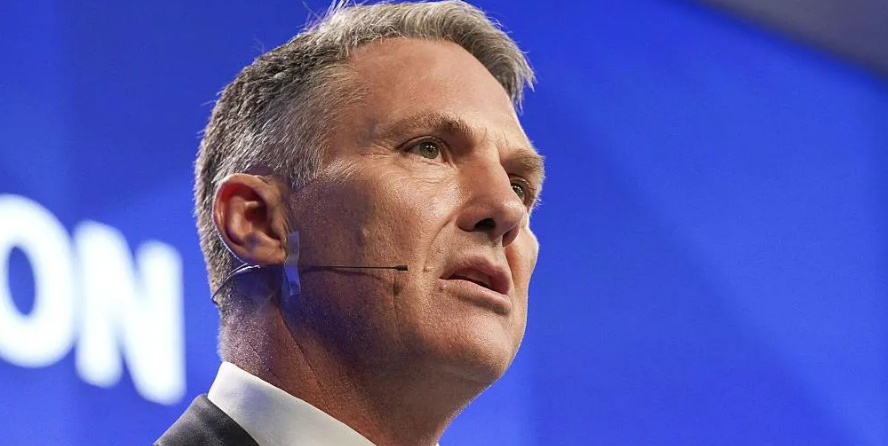Defence ministers from Australia and the Philippines have raised serious concerns over China’s growing military power and actions in the South China Sea, calling for transparency, accountability, and respect for international law during the Shangri-La Dialogue in Singapore.
Australian Defence Minister Richard Marles questioned Beijing’s massive military expansion, calling it the largest build-up by any country since the Second World War. “It’s not just the scale that’s concerning,” Marles told reporters. “It’s that it’s happening without strategic reassurance or transparency. China needs to explain why it needs such an extraordinary military capability.”
Marles emphasized that unlike China, Australia publishes its defence strategy and makes its military intentions clear. “There is total strategic clarity and assurance being provided by Australia to our neighbours and the world. We would like to see the same from China,” he said.
He acknowledged that a Chinese military exercise near Australian and New Zealand waters in February, though disruptive, did not violate international law. “What matters is compliance with international law—that is the bedrock of the rules-based order,” Marles noted.
Responding to U.S. pressure to boost defence spending to 3% of GDP, Marles confirmed Australia is increasing its investment in regional security, including through the AUKUS pact with the U.S. and U.K. for nuclear-powered submarines. He expressed optimism about the progress of AUKUS projects, including more visits from American submarines and rotational deployments through a base in Perth.
Philippine Defence Minister Gilberto Teodoro Jr., speaking separately, delivered a sharper critique, labelling China’s actions in the South China Sea as “absolutely irresponsible and reckless.” He accused China of seeking to appropriate nearly the entire maritime region and called for greater leadership from the West.
“The world cannot tolerate this,” Teodoro said. “The takeaway for many of us is that Europe and the U.S. must continue to lead in defending the rules-based international order.” He emphasized the importance of protecting smaller countries’ freedoms and values from what he described as China’s overreach.
The annual Shangri-La Dialogue, organized by the International Institute for Strategic Studies, is a key regional security forum. China, which sent a lower-level delegation this year and cancelled its keynote address, has come under sustained criticism from U.S. allies at the summit.
U.S. Defense Secretary Pete Hegseth warned of China’s “imminent” threat to Taiwan and called Beijing a growing hegemonic force in the region. In response, China accused Washington of hypocrisy and rejected all allegations, asserting that Taiwan remains an internal matter.
Tensions surrounding the Taiwan Strait and South China Sea continue to dominate the regional security landscape, with allied nations calling for more collective resolve to maintain peace and stability in the Indo-Pacific.


